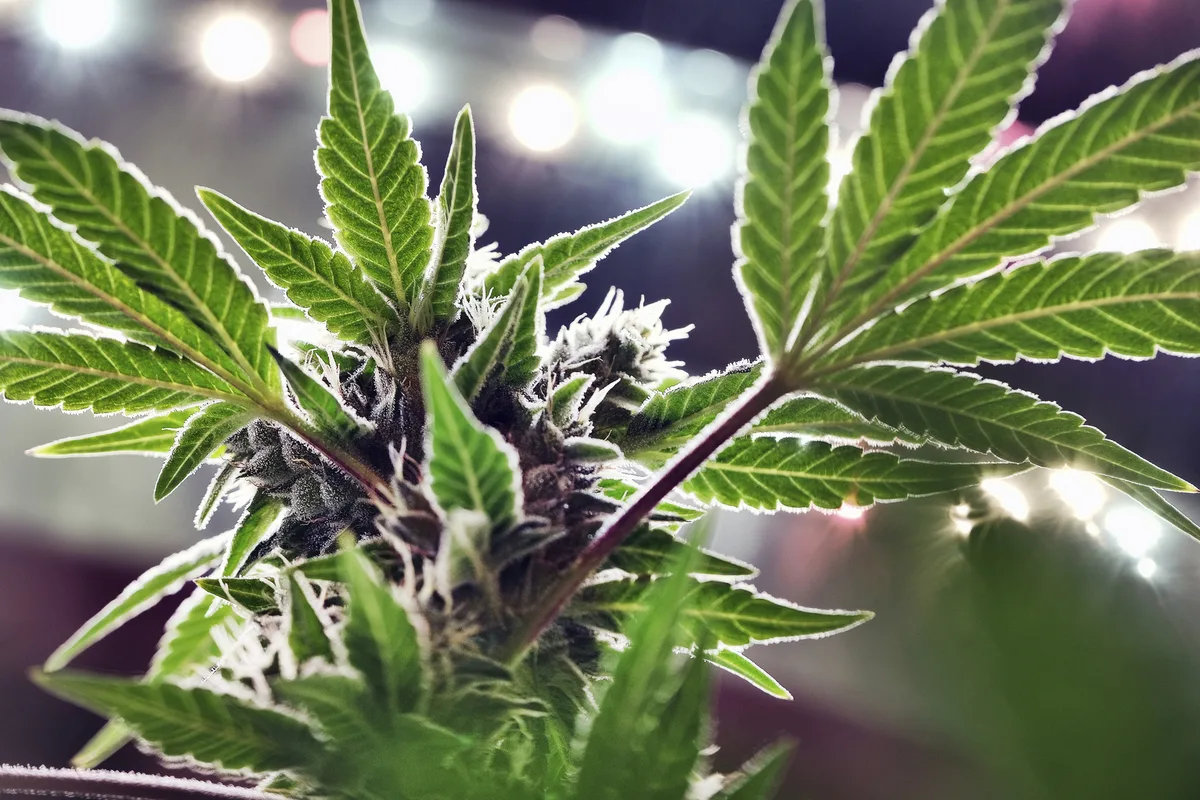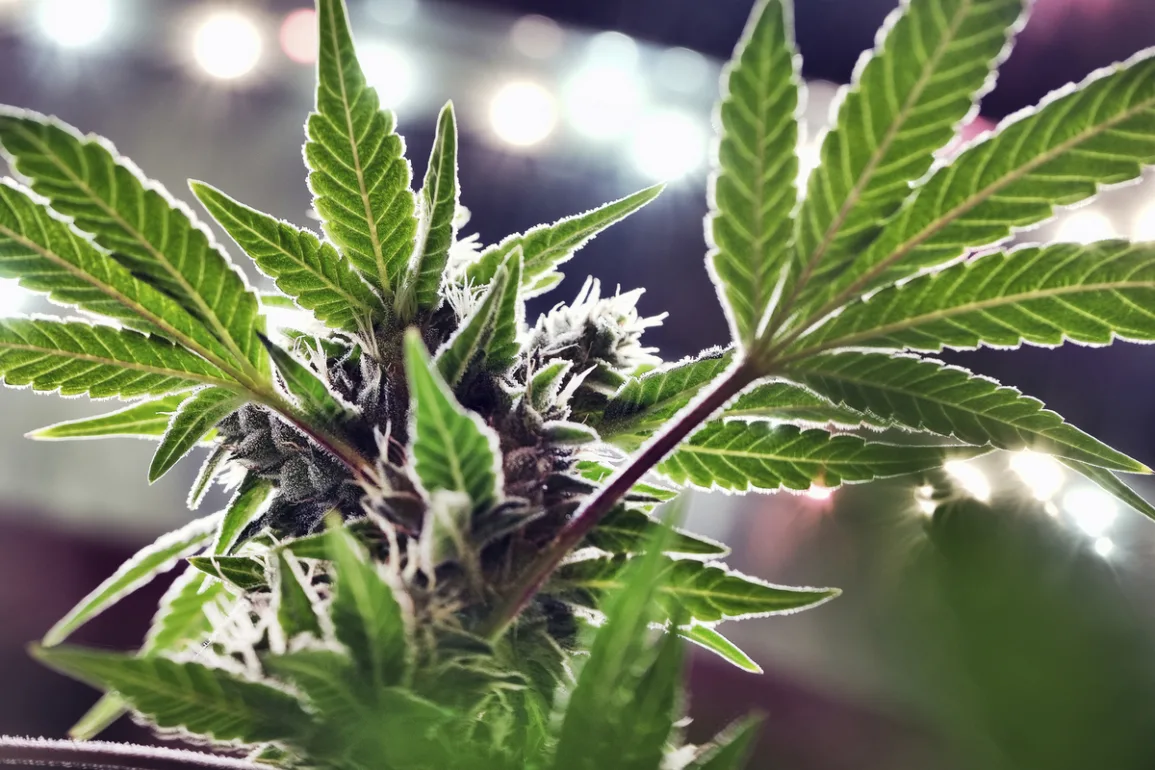
By Chris Sweeney
Last November, Maryland voters overwhelmingly approved a referendum to legalize cannabis use by adults. Those votes triggered new rules and legal processes that will affect use and possession of the drug, recreational sales and the ability to expunge criminal charges. Perhaps lost in the excitement of these major changes is the significant impact that expungement will have on those who have been harmed by the criminal justice system and the collateral consequences of living with a record.
Recreational use of cannabis became legal in Maryland on July 1, 2023 – meaning adults 21 years of age and older can possess up to 1.5 ounces of the substance and grow up to two cannabis plants on their own property. There still will be civil penalties for possessing more than the legal limit with possible criminal penalties for possessing more than 2.5 ounces. Additionally, medical cannabis dispensaries, which have operated in Maryland since 2017, have the option to convert their licenses for recreational sale. Medical cannabis regulations will stay in place. Those purchasing cannabis without a medical card will be subject to a 9 percent sales tax.
In addition to these changes, Maryland has enacted several reforms to the expungement process for prior cannabis convictions. These reforms include several small technical changes that collectively will streamline the expungement of cannabis records that previously had not been eligible for expungement.
The first change is that a criminal conviction for possession of cannabis will be immediately eligible for expungement without the previous four-year waiting period provided the defendant successfully completed their sentence. Convictions for possession “with intent to distribute” will be eligible three years after completion of the sentence, down from the previous wait time of 15 years (note that “possession” and “possession with intent to distribute” are considered separate crimes under Maryland’s controlled substances law). Finally, cases in which possession was the only charge in the case are to be automatically expunged by the Department of Public Safety and Correctional Services within one year (by July 1, 2024) and also must be removed from the Maryland Judiciary Case Search.
Another new cannabis law will change a technical provision called the “unit rule,” which prevents the expungement of a criminal case if at least one of the charges on the case is not eligible. In other words, if a case involves multiple charges and some of them would be eligible for expungement and others would not, all the charges become ineligible as a “unit.” However, that rule will change for charges of cannabis possession. Now, those charges can be expunged from a case even if there are other charges involved in the case that are not eligible for expungement. And a conviction for cannabis possession will not be counted as part of a “unit.”
Marijuana legalization provides an important corrective to the decades-long War on Drugs – a set of criminal justice policies that has yielded disproportionate rates of arrest and incarceration in Black and brown communities. In 2020, the American Civil Liberties Union found that despite comparable usage rates, Black people were 3.64 times more likely than white people to be arrested for marijuana possession. Getting saddled with a criminal record further hurts struggling people’s chances at finding secure employment and housing.
The collateral consequences of living with a criminal record, which include lack of employment and housing opportunities and the social stigma of being labeled a criminal, make up what many call a “street sentence” – the pervasive byproducts of the criminal justice system that continue to follow a person who already has paid their debt to society by completing their court-ordered sentence. Expanded access to expungement is a necessary part of addressing the racist War on Drugs policies that have devastated many families. Legalization without expungement would be only a half-baked measure and our legislators were correct to include expungement in the new cannabis regulations.
Criminal record expungement is an opportunity for a person to move on from their past actions and seek stability. When it comes to cannabis usage, which has gained public acceptance and state-level legalization, minor criminal charges should not hold a person back from their goals.
This year’s cannabis legalization and corresponding expungement changes provide a chance to evaluate the wrongs in our criminal justice system and to continue striving for access to justice for all.
Chris Sweeney is an attorney and workforce development manager at Maryland Volunteer Lawyers Service. He can be reached at csweeney@mvlslaw.org.


